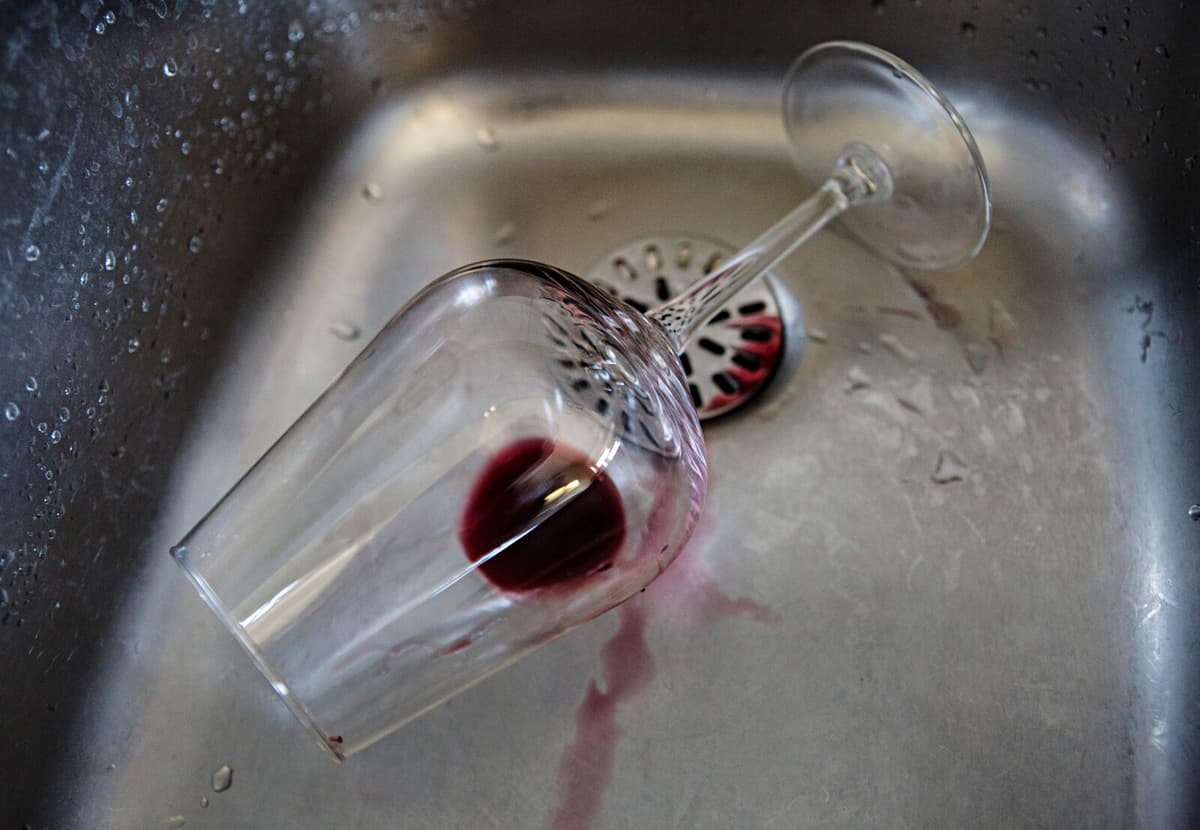The results of the study, which has been published in The Lancet Regional Health – Europe, have been carried out in collaboration with researchers at the Karolinska Institute, Lund University and Linköping University.
We see twice as large an effect as with the medications against alcohol dependence that exist today. Several of the participants, who initially had a high alcohol consumption, stopped drinking completely, says Bo Söderpalm, professor at the Sahlgrenska Academy at the University of Gothenburg, to TT.
Affects dopamine production
The medications that exist against alcohol dependence today only work for a small part of the patients. The new study's results open up for a new strategy for treatment of alcohol dependence that involves increasing the levels of dopamine in the brain.
People who are dependent on alcohol for a long time have a reduced release of dopamine in the brain, so that's what we're trying to correct, says Bo Söderpalm.
However, he does not see any risk with medications that raise dopamine levels and thereby create a dependence on the medication.
There is a built-in limitation of the dopamine increase in these medications and we did not see that the participants wanted more of the medications after the study was completed, he says.
Side effect was dampened
The study lasted for 13 weeks and 384 people with moderate to severe alcohol dependence participated. The participants were randomly assigned to four groups and received – without knowing who got what – either both medications, one of them or a treatment without effect (placebo). The effect was measured with blood tests and self-reporting.
Surprisingly, there were no more side effects than in any of the groups with the individual substances, according to Bo Söderpalm. The only side effect that occurred more than in the placebo group was nausea from one of the substances, the medication against smoking.
But what was interesting was that when we added the other substance, the nausea was counteracted. So the effect was fewer side effects, he says.
However, more studies are needed to confirm the results before the combination treatment can be used for alcohol dependence, he adds.
If we are lucky, this combination of medications will be on the market within five years, says Bo Söderpalm.






